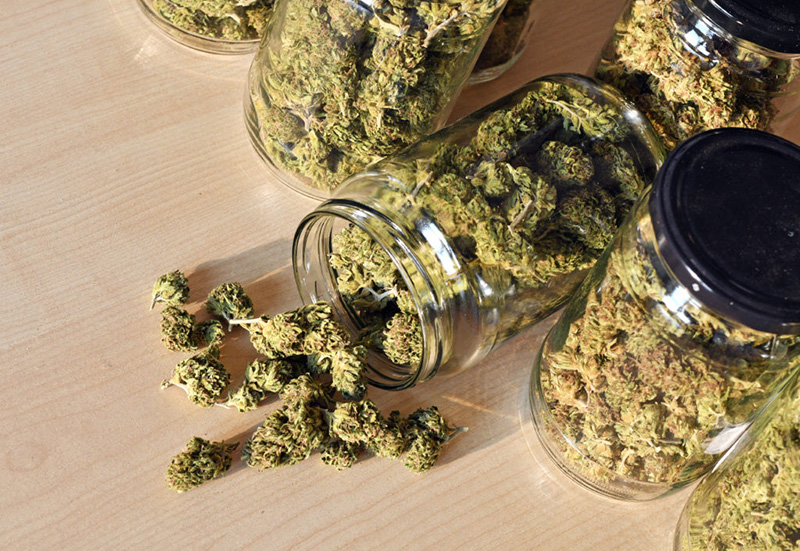NHTSA, or the National Highway Traffic Safety Administration, is a pro-law enforcement national agency that develops the standards for DWI investigations in North Carolina and nationwide. As a result, NHTSA is known for extreme bias and sloppy pseudoscience in its reporting of the effects of alcohol. One classic example is the “standard battery of field sobriety tests,” which cops all over the country rely on to support their assumption that everyone who has a single drink of alcohol is impaired. The problem is, the tests have never been controlled in a way that would pass the laugh test in an actual scientific setting, and as a result they are little more than a tool that cops manipulate to confirm a suspicion — and convince judges that often unconstitutional DWI arrests are perfectly legal.
But every once in a while, some actual science slips through the editorial filter that can’t be unpublished. In this case, NHTSA published an article in 2015 called Drug and Alcohol Crash Risk by Richard B. Compton and Amy Berning. That article explored the question of what effects, if any, cannabis (and other drugs) have on the likelihood that a driver may be involved in an accident, or “crash risk.”
While the extent of use of alcohol by drivers and the risks posed by alcohol use have been well known for many decades, relatively little has been known about the use of other drugs by drivers and the associated risks.
Compton RP, Berning A. Drug and Alcohol Crash Risk. Washington, DC: National Highway Traffic Safety Administration; 2015. DOT HA 812 117.
North Carolina cops routinely testify in DWI trials across the state that marijuana is an “impairing substance,” and some even get qualified as “Drug Recognition Experts” (DREs), and give lengthy opinions about the impairing effects of cannabis. So what did NHTSA conclude in 2015 after reviewing all the available research to determine the “crash risk” associated with marijuana consumption? When adjustments are made for variables such as age, gender, ethnicity, and alcohol concentration in the same test subjects, there was no significant risk associated with cannabis consumption.
That is to say, when other variables were identified and the specific variable of cannabis consumption was controlled for and properly isolated — you know, science — the research revealed that it was the other variables that were causing the heightened risk of a vehicle accident. Like the fact that many of the subjects in previous studies were actually drunk, and just happened to have cannabis in their systems in addition to the alcohol that caused the impairment.
If you’ve been charged with DWI on a theory of marijuana/cannabis impairment, contact an experienced lawyer immediately.
★★★
Raleigh DWI lawyer Ben Hiltzheimer is a criminal defense attorney with offices in Raleigh and Durham, North Carolina, with a long track record of fighting complicated DWI cases. Contact us for a free, confidential consultation and case evaluation at (919) 899-9405.







